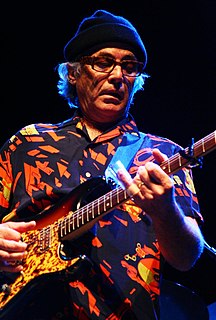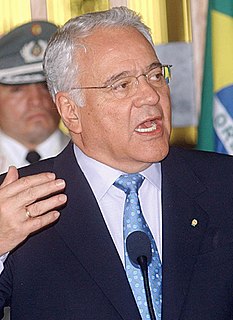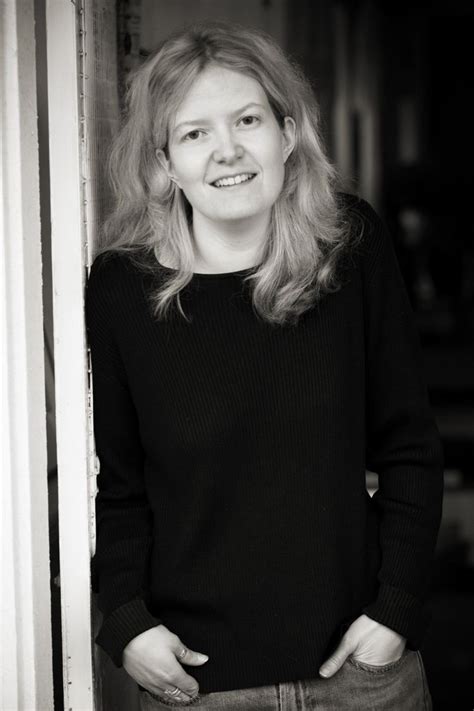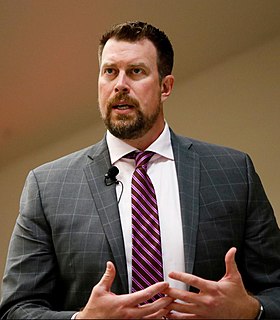A Quote by Ry Cooder
Uncle Dave Macon was a great balladeer and banjo player from the early part of the 19th century... He would take a social problem or something that he was looking at and make up a clever little song about it, you know, in a language everyone understood, a man of the people.
Related Quotes
People have asked me about the 19th century and how I knew so much about it. And the fact is I really grew up in the 19th century, because North Carolina in the 1950s, the early years of my childhood, was exactly synchronous with North Carolina in the 1850s. And I used every scrap of knowledge that I had.
There is not one particular moment that can account for the shift from the social issue concerns of 19th-century evangelicals into the state of American evangelicalism today. Some historical moments are telling. The rise of biblical criticism in the 19th century forced evangelicals to make choices about what they believed about the gospel.
I love the me I am with him. I’m the girl who has Dave. I’m Lauren, Dave’s girlfriend. I’m someone better than Lauren Smith, who no one noticed till Dave came along. The thing is, that girl isn’t me and I know it. But when I’m with him, I feel like I could be her. That if something in me was just–I don’t know, shifted a little or something, smoothed down–people would think of me the way they think of Dave, and everything would always be perfect. I would be perfect.
If I do something I think is new, it will be misunderstood, but if people like it, I will be disappointed because I haven't pushed them enough. The more people hate it, maybe the newer it is. Because the fundamental human problem is that people are afraid of change. The place I am always looking for-because in order to keep the business I need to make a little compromise between my values and customers' values-is the place where I make something that could almost-but not quite-be understood by everyone.
I'd signed up not just for Christianity but the established Church of England. That has a particular history and I think we rather lost it in the 19th Century, we became so much part of empire and colonialism, the language of the Church Of England still reflects that Victorian time. As the 20th Century developed, not surprisingly people left the church and I can see the church's role in losing people.
I was really interested in 20th century communalism and alternative communities, the boom of communes in the 60s and 70s. That led me back to the 19th century. I was shocked to find what I would describe as far more utopian ideas in the 19th century than in the 20th century. Not only were the ideas so extreme, but surprising people were adopting them.
There was a language in the world that everyone understood, a language the boy had used throughout the time that he was trying to improve things at the shop. It was the language of enthusiasm, of things accomplished with love and purpose, and as part of a search for something believed in and desired.




































